Charcoal
Charcoal: Nature’s Efficient Fuel
Charcoal, primarily derived from tropical woods and occasionally coconut shells, serves as a versatile and cost-effective fuel source. Produced through a process known as carbonization, where wood is burnt at high temperatures in the absence of air, charcoal offers numerous advantages and applications.
Advantages of Charcoal:
- Cost-Effective Cooking: Charcoal provides an affordable cooking alternative for communities in developing regions where access to modern fuel sources like cooking gas or electricity is limited.
- Renewable Resource: Despite its intensive production process, charcoal production can be sustainable when managed responsibly, as new trees can be planted to replace those harvested.
- High Heat Output: Charcoal burns at high temperatures, making it ideal for grilling, barbecuing, and other cooking methods that require intense heat.
- Long Burning Time: Charcoal burns slowly and steadily, allowing for extended cooking sessions without the need for constant refueling.
- Versatile Use: Apart from cooking, charcoal finds applications in industries such as metallurgy, agriculture (as a soil amendment), and water purification.
Uses of Charcoal:
- Cooking Fuel: Charcoal is widely used as a cooking fuel for grilling, roasting, and smoking food, imparting a unique flavor to dishes.
- Industrial Applications: In industries, charcoal serves as a reducing agent in metallurgical processes and as a source of heat in various manufacturing processes.
- Agricultural Use: Charcoal can improve soil fertility and structure when used as a soil amendment, aiding in water retention and nutrient absorption by plants.
- Water Purification: Charcoal’s porous nature makes it effective for purifying water by adsorbing impurities and contaminants.
- Art and Crafts: Charcoal is also used in art and crafts for drawing, sketching, and creating charcoal-based artworks.
From cooking to industrial processes, agriculture to water purification, charcoal’s versatility and efficiency make it a valuable resource in various aspects of daily life and industry. However, it’s essential to ensure sustainable production practices to mitigate environmental impacts and preserve natural resources for future generations.

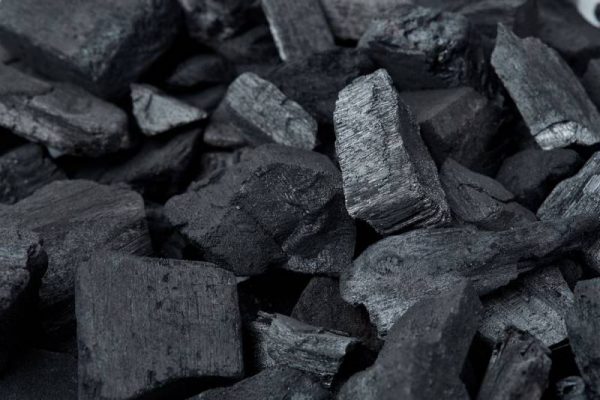

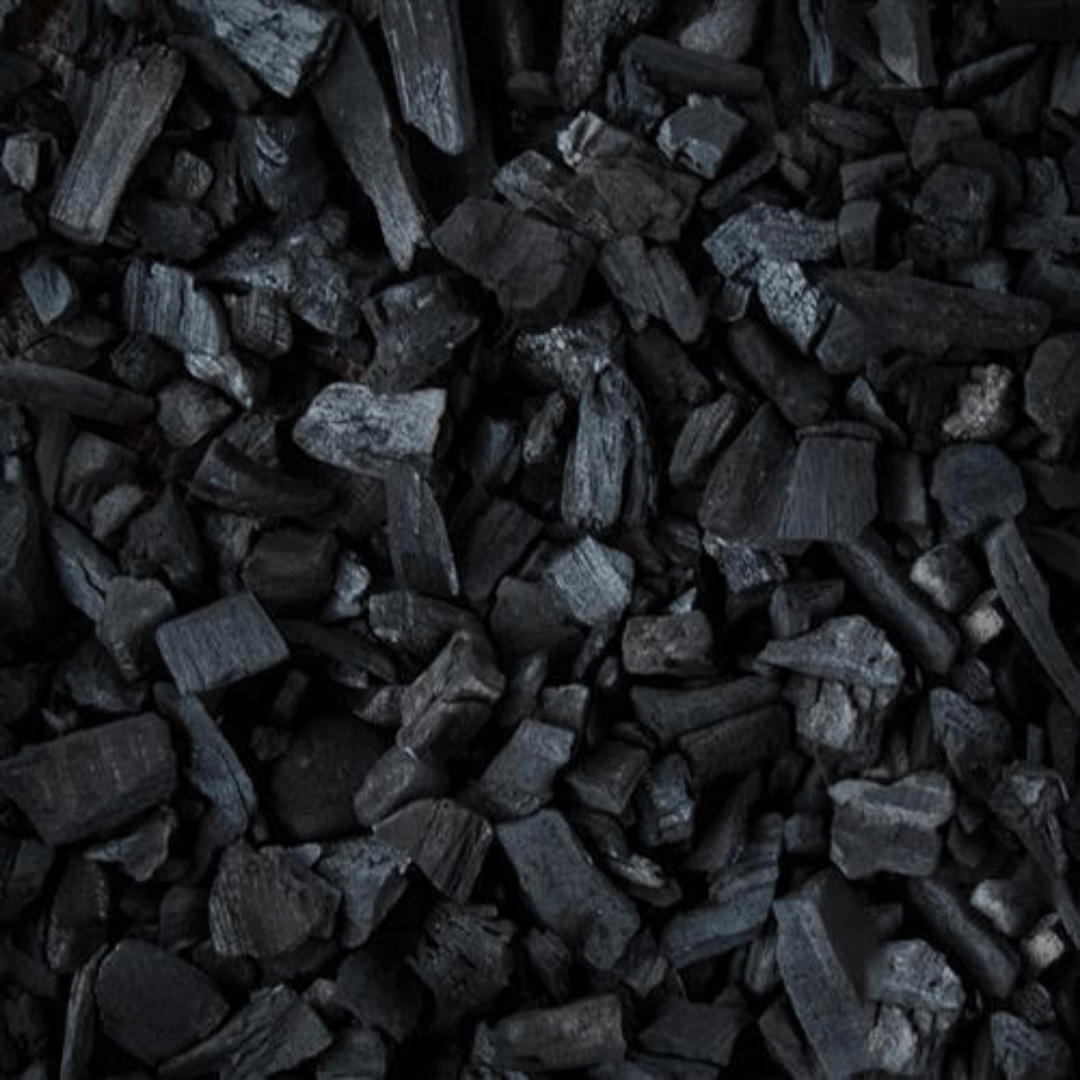


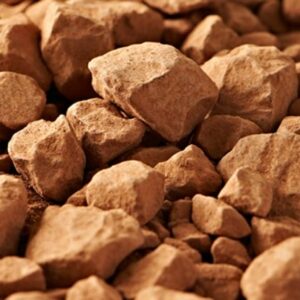

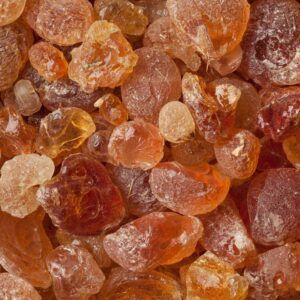
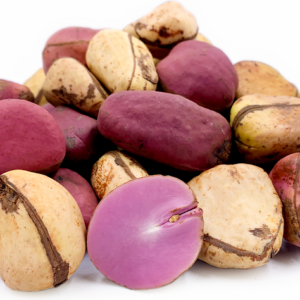
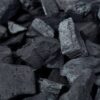
Reviews
There are no reviews yet.